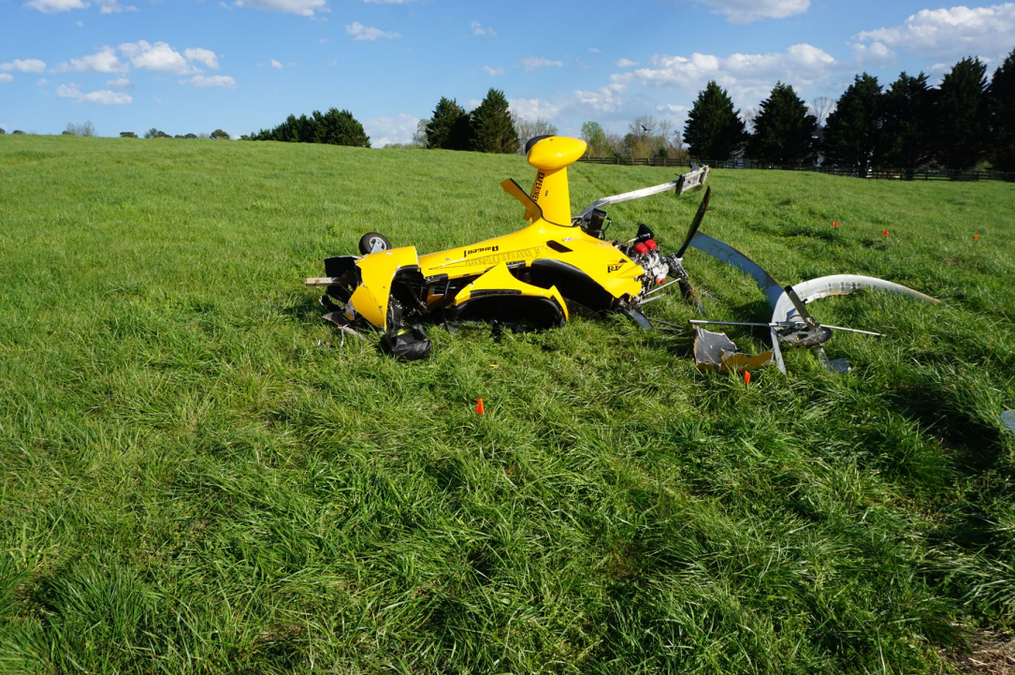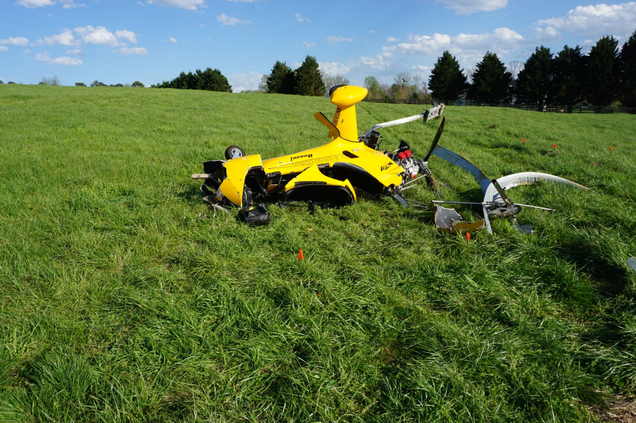A proposal from Brenau University to take over Gainesville’s Georgia Mountains Center seems to give both entities a new lease on life in Northeast Georgia.
Leasing the center might be the linchpin in Brenau’s ambition to gain national prominence from its home base in Gainesville.
It also brings promises of sustained vitality for Gainesville’s downtown and its more than 30-year-old convention center.
At this point, the university’s lease of the center is in its exploratory phases. University officials still have a feasibility study to complete and have to gain support from the school’s board of trustees. If the feasibility studies warrant the proposal, they hope to pitch the plan to the board by next spring.
The memorandum of understanding that the City Council will vote on Tuesday outlines the process for leasing the building to the university — the city would lease the building to the Gainesville Redevelopment Authority, which would then lease the property to Brenau.
Yet City Manager Kip Padgett says there have been no detailed discussions on the financial terms of the lease.
“There are a lot of details that have to be worked out before a formal lease agreement is made,” Padgett said.
When city leaders pulled funding from the Lake Lanier Convention and Visitors Bureau, instead opting to form a government-run tourism board, the Georgia Mountains Center began receiving a greater share of revenues generated by a tax on hotel rooms, said Carol Moore, the Georgia Mountains Center’s executive director.
Since early 2010, the center has operated independently of other tax revenues, aside from the property tax designed to help the city pay off debts, which includes the center’s new parking deck.
This budget year, which began July 1, the center plans to spend $815,000. A little more than $300,000 of that will be funded by the hotel tax. The rest will come from revenues generated by events.
The center has been plagued in recent years by its inability to attract large conventions and collect revenue they generate.
The 78,000-square-foot building’s lack of meeting space doesn’t usually accommodate the nature of conventions, Moore said.
“We’re very limited on what we can attract for conventions just because of our size,” Moore said. “The majority of conventions want at least six or eight breakout rooms in conjunction with a main room that holds everyone, and we just don’t have that kind of space.”
The majority of the center’s business comes from corporate meetings and social events. But the center has yet to consistently attract a customer base for the city’s downtown merchants, ensuring the vitality of the area.
In late 2009, the City Council sought ideas on how to do just that. It asked for proposals from developers and architects on ways to revamp the Georgia Mountains Center and two vacant lots nearby, enhancing their contribution to downtown development.
But none of the proposals submitted to the city back in January struck a chord with city leaders.
“Each proposal had its own strengths and weaknesses, but not one proposal gave us something new that we hadn’t heard of before,” Padgett said.
But in May, when Padgett got a call from Ed Schrader, president of Brenau University, something city officials had wanted for years seemed to fall in their laps.
“We had always been ... trying to brainstorm about how to get Brenau and its students more involved in the downtown,” Padgett said. “... Because Brenau’s such an asset — being right across the street from downtown — we were trying to figure out a way to get them farther from the downtown area.”
The hope is that Brenau students could do for downtown Gainesville what students at North Georgia College & State University bring to Dahlonega and, on a larger scale, what those at the University of Georgia generate for businesses in Athens.
Schrader, with a proposal to turn the Georgia Mountains Center into a school of Allied Health Sciences run by the university, seems to ensure that constant presence of students city officials covet.
In conversations with Padgett, Schrader began to formulate a plan to house new degree programs in physical therapy, speech and language therapy and nutrition science in the center.
The center could be the keystone for attracting national conferences and workshops at City View Center, a future conference-style hotel and office building complex planned across Jesse Jewell Parkway.
Schrader said he’s had conversations with developers of City View, which will be connected to the Georgia Mountains Center by a pedestrian bridge over Jesse Jewell Parkway. He believes the university’s vision can work with the developer’s.
Gainesville’s openness to new ideas for the center seemed to be a good answer for Schrader, who also searched for ways to keep the university’s cornerstone programs in its hometown. Renting or purchasing private facilities for the programs in Gainesville seemed unfeasible financially, however. New construction, especially for laboratories, also was out of the question.
“Gainesville is the home of the university and that’s important,” Schrader said. “But when it comes down to it, you can only site your educational facility where you can afford the business.”
Among its satellite campuses, the university has campuses in Fairburn, Norcross and Augusta that could also support a health sciences school. Officials in at least two of those cities are willing to work out such a deal.
But renting the Georgia Mountains Center could be a game-changer for Brenau, which already has a working relationship with Northeast Georgia Health Systems as a place to train and later employ its students.
The plan, Schrader said, likely would open opportunities for the school to work with the hospital to train students in a clinical setting.
“The very fact that Gainesville has established itself as a regional health center and the fact that there are opportunities for employment for everyone of these students here in Northeast Georgia ... it makes this a logical spot,” said Schrader.
“... I think this is an opportunity for us to work closer together.”




